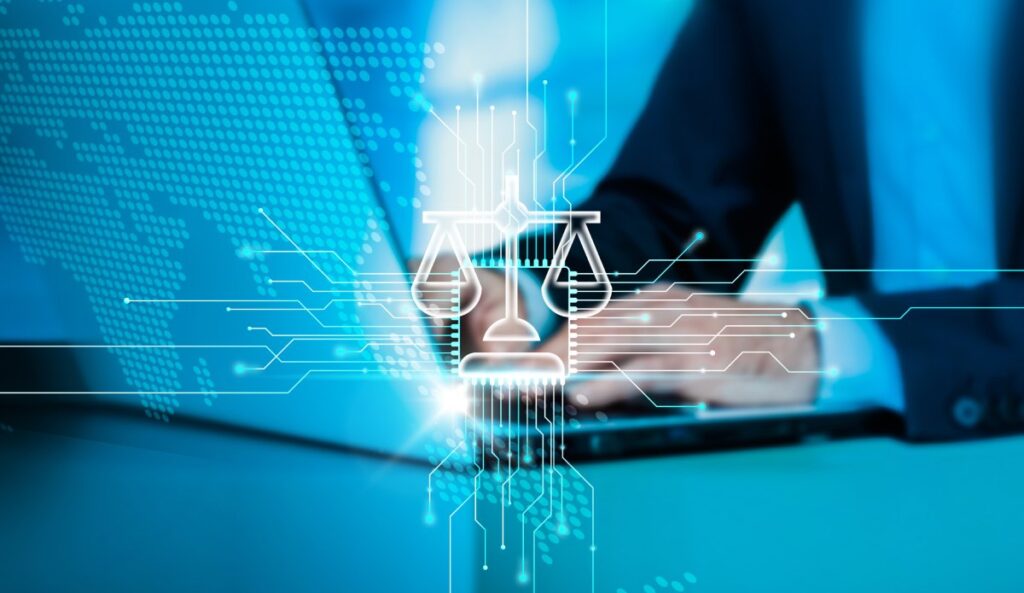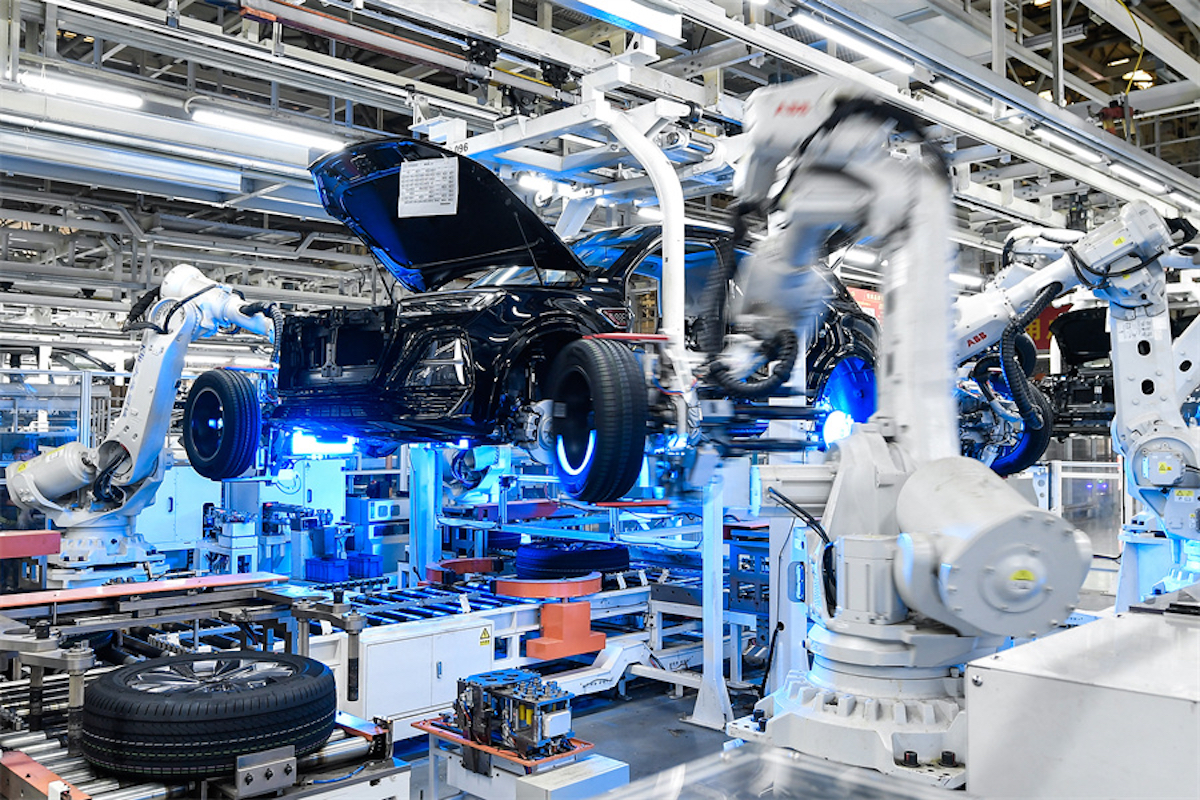
At this point in time, fears about artificial intelligence (AI) taking lawyers’ jobs have largely subsided. What has instead become evident is the shifting role of lawyers themselves, particularly for junior practitioners. New research suggests that AI can free up 240 hours annually for practitioners, paving the way for deeper, smarter relationships with clients. While AI won’t replace lawyers, those who embrace it are likely to outpace those who don’t.
However, while the role of lawyers appears secure for those who adapt, it is crucial to explore whether other roles within legal businesses, such as that of the paralegal, may be at risk. This is a question being explored globally. Robin Ghurbhurun, a board member of the UK-based National Association of Licensed Paralegals, recently opined that AI deployment will likely lead to paralegals focusing on more nuanced, business-led advice rather than data collation and administration. He also suggested potential for paralegals to upskill and become expert legal ‘prompt writers’.
Changing Roles in the Legal Profession
With both lawyers and non-lawyers now using AI extensively, Dr. Sebastian Sequoiah-Grayson, a senior lecturer at the University of NSW, notes that the adoption point is past. He emphasizes the need to recognize the impact on the legal profession, particularly on paralegals who are at the forefront of legal content.
Jason McQuillen, legal optimization and AI advisory lead at MinterEllison, states that the future for paralegals in Australia is one of evolution. AI is transforming how legal services are delivered and altering in-house legal operating models. Jennifer Cathcart, head of NetDocuments in the Asia-Pacific, concurs, noting that AI-inspired changes are fundamentally transforming how paralegals operate.
“By automating routine tasks and surfacing insights faster, AI gives paralegals more opportunities to apply the fundamentals of law in real-world, hands-on ways,” Cathcart said, viewing this evolution positively.
Human vs. AI Paralegals
Before delving into how paralegals’ day-to-day tasks are changing, it’s important to consider the current landscape. Christian Beck, CEO of LEAP, notes a decline in new entrants to the profession, making it harder and costlier to find experienced paralegals. AI can solve this problem by performing many tasks traditionally handled by paralegals.
“The key for law firm profitability is to utilize AI in a way where firms can bill for the AI paralegal, making it their most profitable fee earner,” Beck said.
He argues that AI paralegals are faster and more cost-effective than human paralegals, amplifying leverage advantages. However, human paralegals remain essential for tasks that AI cannot yet perform, ensuring no shortage of meaningful work.
Practical Changes and Professional Considerations
Yule Guttenbeil, director of Attune Legal, has been exploring how best to utilize paralegals. He provides AI training to paralegals, believing they are well-placed to benefit from AI optimization. Jennifer Cathcart supports this, noting that forward-thinking firms are already using AI to streamline contract analysis and data extraction.
Paralegals have deep operational insights, making them well-positioned to guide AI-driven changes. They can leverage AI to boost productivity while ensuring accuracy, compliance, and ethical use. Guttenbeil believes paralegals should become expert prompt engineers, optimizing AI for their specific needs.
Dalvin Chien, a partner at Mills Oakley, highlights the importance of paralegals in preventing AI ‘hallucinations’—errors like citing non-existent cases or misquoting legislation. He recounts cases where firms faced sanctions for relying on unverified AI-generated material, underscoring the need for human oversight.
Looking Ahead: The Future of Paralegals
Rather than displacing paralegal roles, AI has the potential to elevate them. Cathcart believes that by equipping paralegals with the right tools and training, firms can empower them to take on more strategic work, setting them up for long-term success.
Chien emphasizes that ongoing changes do not mean paralegals will be replaced, provided they shift from processing-type activities to more contextual and judgment-based roles. This requires refining existing skills and recognizing their ability to examine context and engage with people.
As legal leaders design AI-enabled processes, McQuillen notes the absence of a one-size-fits-all solution. Paralegals handle tasks requiring knowledge and discretion, areas where AI still has limitations. Their role will increasingly involve project management, user experience, and stakeholder coordination.
Ultimately, Sequoiah-Grayson concludes that paralegals have a new professional duty to navigate the AI landscape. They are set to be busier than ever, collaborating with AI tools to optimize legal workflows and maintain professional standards.





